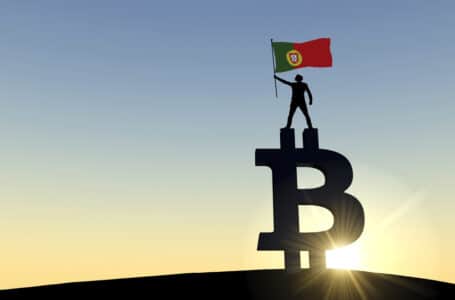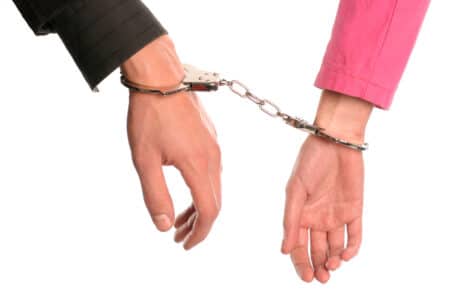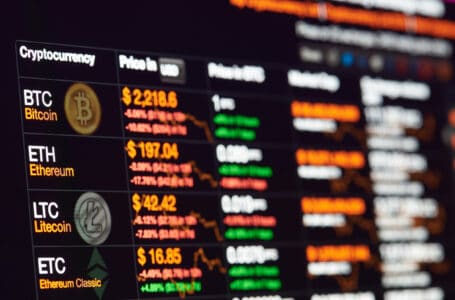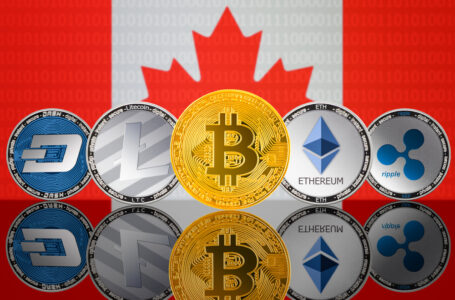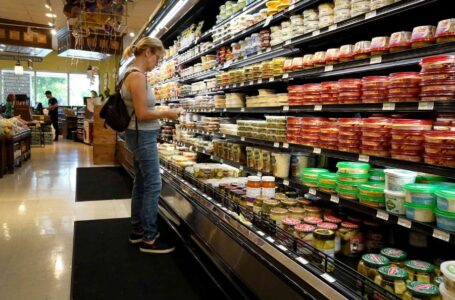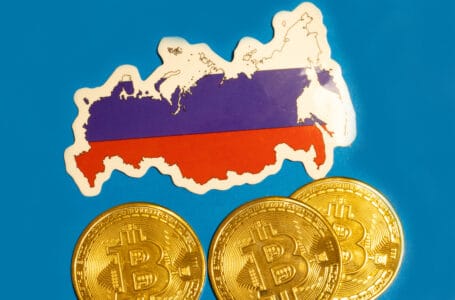Putin’s Grain Deal & Awkward BRICs Summit with Ramaphosa
Russia’s President Vladimir Putin has recently made headlines with his efforts to boost agricultural trade and diplomacy through a grain deal. This move highlights the country’s commitment to increasing its role in the global food market while strengthening ties with its trading partners. However, Putin’s participation in the BRICs Summit with South African President Cyril Ramaphosa was marred by tensions and challenges, highlighting the complexities of international diplomacy. In this article, we will explore the details of Putin’s grain deal and the awkward moments at the BRICs Summit, shedding light on the implications for global trade and diplomacy.

Putin’s Grain Deal: Boosting Agricultural Trade & Diplomacy
Under Putin’s leadership, Russia has emerged as a major player in the global grain market. In a recent grain deal, Russia signed a contract to export a significant amount of wheat to a major Asian buyer, further strengthening its position as one of the world’s largest exporters of agricultural products. This move not only boosts Russia’s economy but also enhances its diplomatic influence. By expanding its agricultural trade, Russia can forge closer ties with other countries, fostering cooperation and strengthening diplomatic relationships.
The grain deal is a reflection of Russia’s efforts to diversify its economy and reduce its dependence on energy exports. This strategic shift towards agriculture has been supported by substantial investments in modernizing farming techniques and improving infrastructure. As a result, Russia has seen a remarkable increase in agricultural production, allowing it to export a surplus of grains to meet the growing demand worldwide. This not only benefits the Russian economy but also contributes to global food security, ensuring a stable supply of grains for countries in need.
Awkward BRICs Summit with Ramaphosa: Tensions and Challenges
The recent BRICs Summit, held in New Delhi, India, brought together the leaders of Brazil, Russia, India, China, and South Africa to discuss global economic cooperation and common challenges. However, the meeting between Putin and Ramaphosa was marked by tensions and challenges. The strained relationship between the two leaders was evident when Ramaphosa criticized Russia’s role in the conflict in Ukraine and raised concerns about human rights issues.
This exchange highlighted the delicate balance between maintaining diplomatic relations and addressing controversial issues. While the BRICs Summit aims to promote economic cooperation, it also serves as a platform for expressing concerns and discussing potential solutions to global challenges. The awkwardness of the meeting between Putin and Ramaphosa underscores the complex nature of international diplomacy and the need for open and constructive dialogue to overcome differences and build stronger relationships among nations.
Putin’s grain deal and his participation in the BRICs Summit with Ramaphosa shed light on the multifaceted nature of global trade and diplomacy. Russia’s efforts to boost agricultural trade not only benefit its economy but also strengthen its diplomatic influence. However, the tensions and challenges experienced at the BRICs Summit demonstrate the complexities of international relations and the need for leaders to navigate sensitive issues with tact and diplomacy. As the world becomes increasingly interconnected, these instances serve as reminders of the importance of fostering cooperation and understanding among nations to address global challenges and promote economic prosperity.
AllIn1Bitcoins works diligently to offer impartial and trustworthy data on cryptocurrency, finance, trading, and stocks. Nonetheless, we are unable to furnish financial counsel and encourage users to undertake their own inquiries and due diligence.


